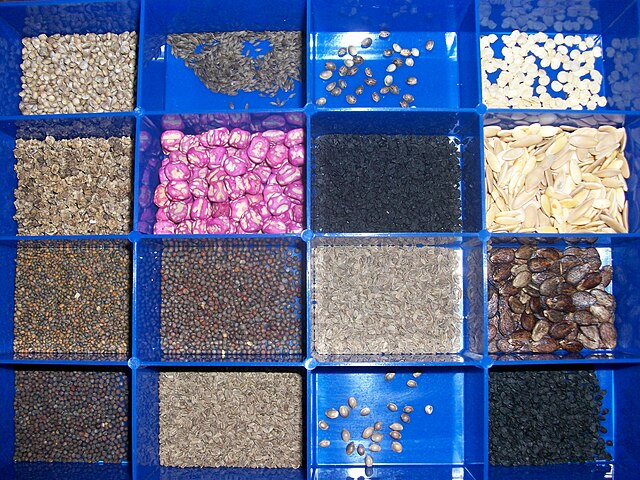Infinite photos and videos for every Wiki article ·
Find something interesting to watch in seconds
Celebrities
World Banknotes
Kings of France
Wars and Battles
Recovered Treasures
Richest US Counties
Famous Castles
Largest Palaces
Largest Empires
Great Museums
Ancient Marvels
British Monarchs
Presidents
History by Country
Countries of the World
Supercars
Tallest Buildings
Orders and Medals
Best Campuses
Great Cities
Wonders of Nature
Crown Jewels
Animals
Rare Coins
Sports
Great Artists
more top lists






